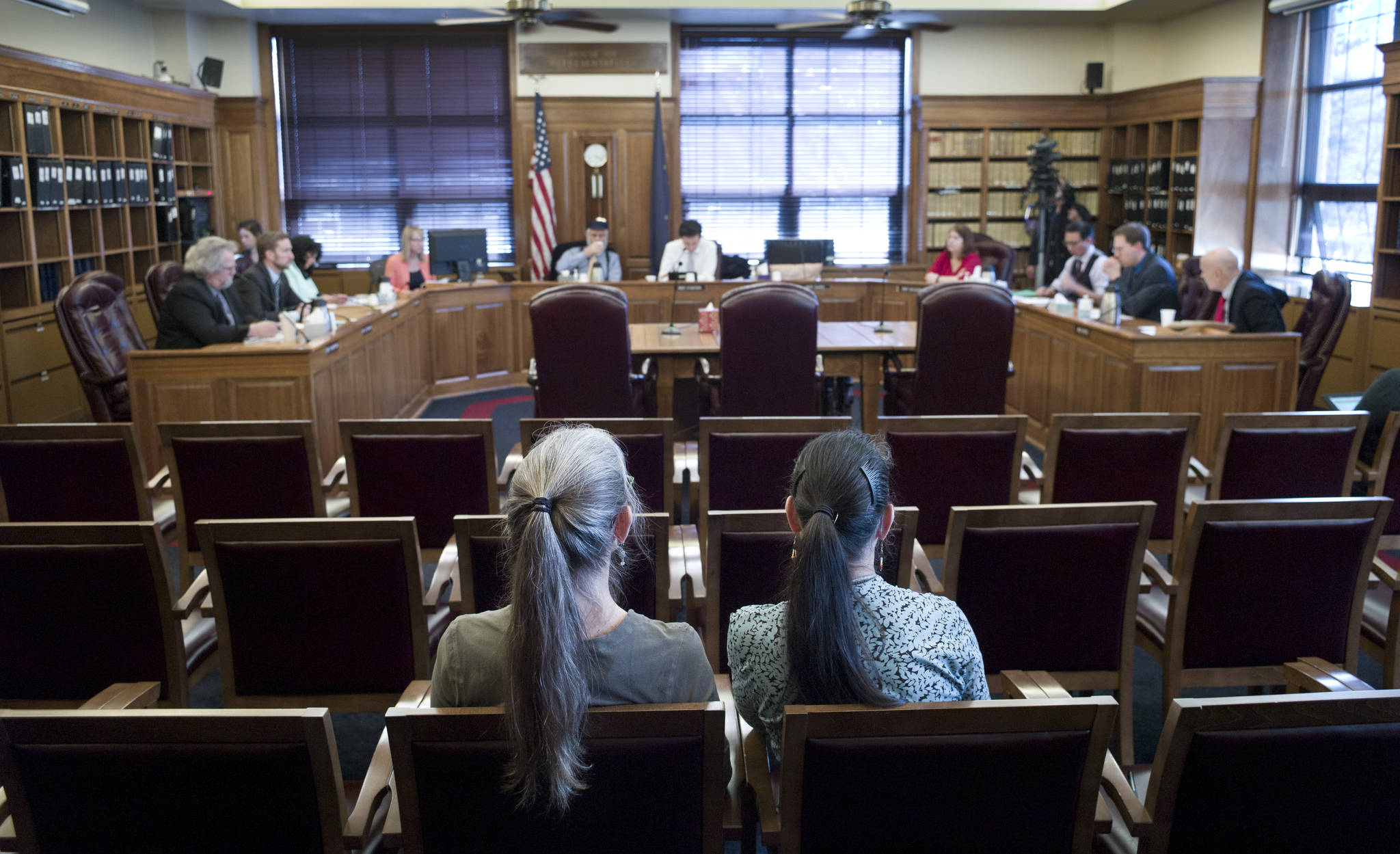The Alaska House of Representatives will soon vote on the 49th state’s first income tax since 1980 and a plan to use the earnings of the Alaska Permanent Fund to balance Alaska’s $2.8 billion deficit.
On Tuesday afternoon, the House Finance Committee voted 7-4 to advance Senate Bill 26 and 6-5 to approve House Bill 115.
Together, the measures are two of the “four pillars” proposed by the coalition House Majority to balance Alaska’s oil-driven deficit. Senate Bill 26 calls for immediately limiting Permanent Fund Dividends to $1,250 and using about $1.8 billion in resulting savings on the deficit.
House Bill 115, entitled the “Education Funding Act,” creates an income tax.
The income tax would not begin immediately; it would become effective Jan. 1, 2019. The tax rate is 2.5 percent of income above $10,300 for individuals; the tax rate rises as your income rises. All income above $250,000 per year is taxed at 7 percent, the highest individual tax bracket.
According to figures provided by the Alaska Department of Revenue, the income tax would generate $687 million in the fiscal year starting July 1, 2019.
Combined with House Bill 111 – which cuts the state’s subsidy of oil and gas drilling while raising production taxes – and some budget cuts, the House is nearing completion of its plan to eradicate the deficit within three years.
It is not clear whether the House majority has the votes to pass its income tax proposal, but earlier this month, Rep. Cathy Tilton, R-Wasilla and a minority member of the House Finance Committee, said that if HB 115 passed through the committee, it would be an indication that it does have the needed 21 votes from the full House.
SB 26, which previously passed the Senate, is the core of deficit-fighting proposals from the House and Senate, though details of the bill have differed in the House and the Senate and will need negotiation.
HB 111 was sent to the Senate on Tuesday and should be referred to committees on Wednesday.
The Republican-led Senate Majority has been opposed to income tax proposals, and it is not clear whether HB 115 will receive a hearing.
Senators in the Senate Majority have said they prefer to leave the deficit only partially solved, and they expect that budget cuts in future years will stretch the state’s savings long enough for oil prices to rebound.
Rep. Chris Tuck, D-Anchorage and the House Majority Leader, said Tuesday morning that the House Majority’s preference is to put all four pillars of its plan on the negotiating table with the Senate in hopes of a deal that can please both sides and Gov. Bill Walker.
“We want to have a comprehensive plan,” he said.
Rep. Louise Stutes, R-Kodiak and a member of the coalition majority, agreed.
“I think the objective is when is everything is said and done and this goes to conference committee, we want all of the pieces of the puzzle on the table,” she said.
• Contact reporter James Brooks at james.k.brooks@juneauempire.com or call 419-7732.
Contact reporter James Brooks at james.k.brooks@juneauempire.com or call 419-7732.

